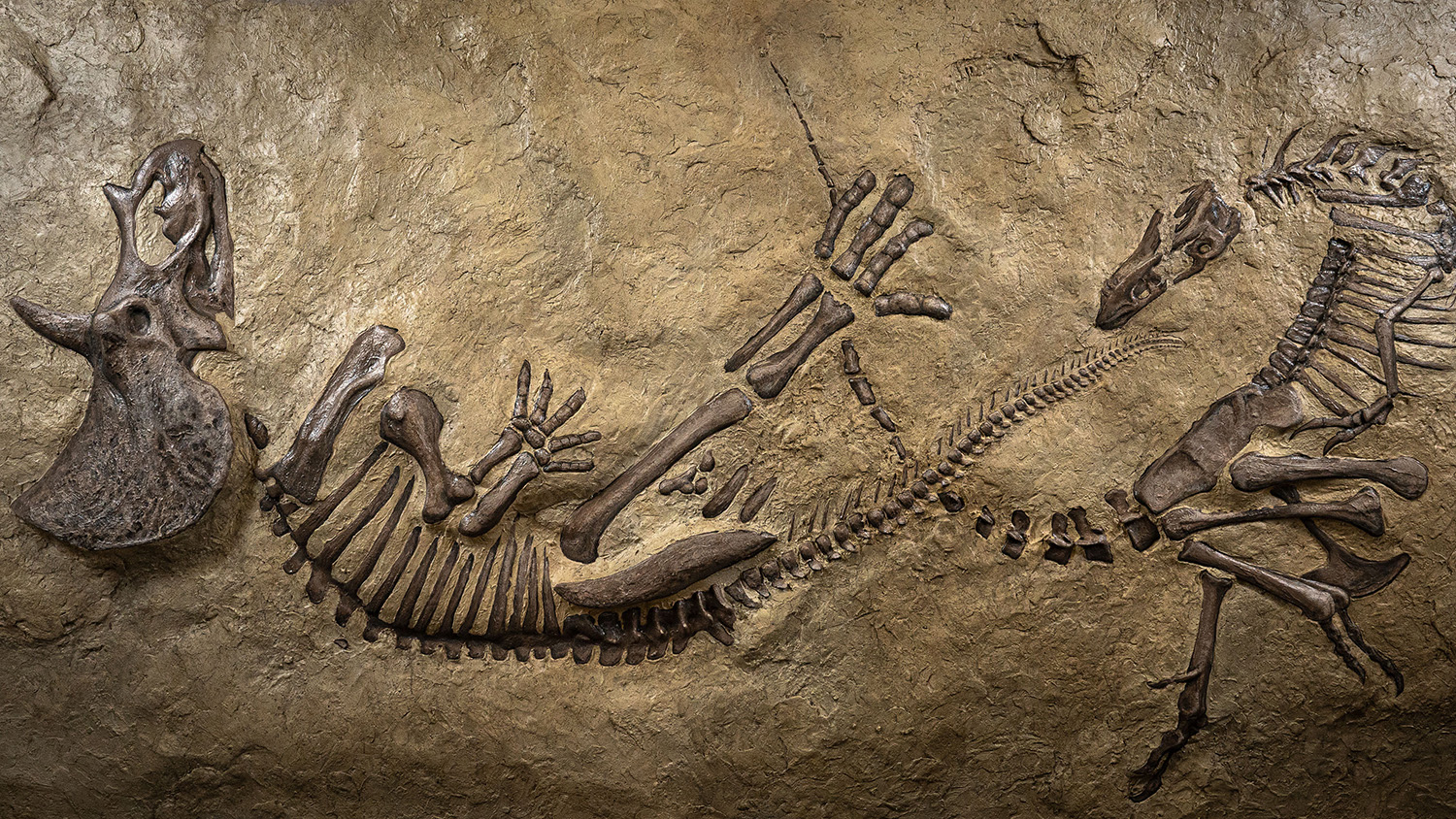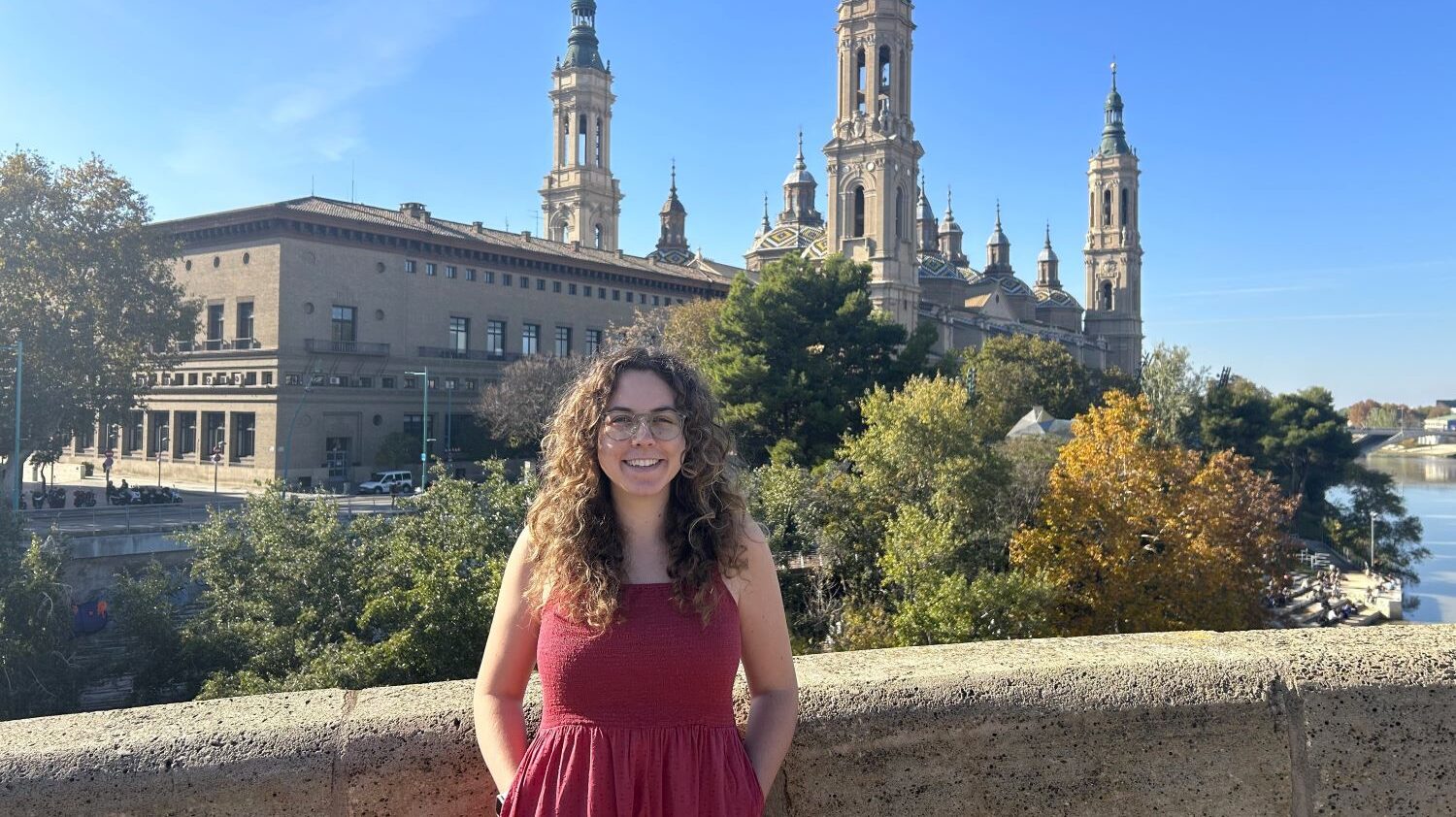STS Brown Bag Seminars: Fall 2014
All meetings are from 12:15 to 1:30 pm in Room 129 of The 1911 Building
Please feel free to bring your lunch.
September 11: STS Brainstorming Session
This time will be devoted to eliciting interactive feedback from STS faculty on ideas for new programming activities, as well as a discussion of the STS program’s broader goals and mission to guide programming.
September 25: Kathleen Vogel, Department of Political Science/STS Program
Revolution vs Evolution?: Understanding Scientific and Technological Diffusion in Synthetic Biology
This talk will contrast two different frameworks, “Revolution” versus “Evolution,” that have been used for understanding the development, diffusion, and adoption of synthetic biology. I will illustrate that the dominant “Revolution” framework falls short in capturing the realities of scientific and technological diffusion. In contrast, the “Evolution”` framework better captures the more complex social dimensions of how science and technology develop, travel, and become successfully adopted in different contexts. This talk will end by discussing how responsible innovation and diffusion in synthetic biology should involve the conduct of more detailed micro and macro-level studies of synthetic biology that would help better elucidate how this field is developing and diffusing, and the implications of those processes for research, innovation, and biosecurity policies and programs.
October 9: FALL BREAK—NO MEETING
October 23: Nell Kriesberg, STS Program
STS Seminar on the Online Classroom
Is it ethical to teach ethics online? This is a question that occurred to me when I was first asked to design an online course. I have found that teaching ethics online does indeed work. I will share my experiences over the last ten years designing and teaching online courses. I have found many approaches that work well in the cyber classroom, both for the students and myself. In this seminar I will be sharing these ideas with you, including ways to design the course, how to design and run effective discussion forums and promote student involvement and critical thinking. I have worked with the DELTA folks extensively through the years and we can discuss ways that they might be of service to you. The courses I will be using as illustration are STS 302 Science, Technology and Contemporary Values; IDS 201 Environmental Ethics; and IDS 303 Humans and the Environment.
November 6: Michael Young, Department of Computer Science
The Narrative Processing Project
While narrative serves many cultural and cognitive roles, it has been widely studied as a means for sense-making. This talk will discuss the work underway in the Narrative Processing project, which is a multidisciplinary research team funded by the Laboratory for Analytic Sciences at NCSU. The project is developing representations, models and systems to support analysts’ interactions with event-focused data, leveraging new computational models of narrative to build systems that encode event data as narrative, automatically construct the space of narratives that can account for data, and facilitate analyst interaction with that narrative space through tools that summarize, predict outcomes, provide explanations and support exploration and authoring of narratives.
November 20: Ross Bassett, Department of History
MIT and the Technological Indian, 1881-2000
MIT has had a central role in the technological imaginations of a small group of middle-class Indians for over 130 years. India’s leading business families sent their children there. The establishment of an Indian MIT, long talked about, resulted in two substantial efforts in the 1960s. Middle class Indians set out MIT as a goal for their children. This talk describes research using a database of the fourteen hundred Indians who earned degrees from MIT between its founding in 1861 and 2000. India’s connections with MIT show the persistent global aspirations of an Indian middle class, aspirations which have taken shape both in business, but also in the migration of large numbers of engineers to the United States.
December 4: Jason Delborne, (GES/FER)
Anticipatory Translation: Genetically Modified Trees and Conceptualizations of Technological, Regulatory, & Cultural Futures
This project joins two key ideas in Science and Technology Studies (STS) and Science and Technology Policy (STP) to investigate a phenomenon at the intersection of science-making and technological governance. Specifically, we examine the ways in which various actors (including laboratory scientists, policy makers, industry officials, government organizations and non-governmental organizations) working on the development of genetically modified (GM) trees conceptualize and anticipate the technological, regulatory, and cultural futures of innovation in the field. Existing techniques of genetic engineering and existing frameworks for the governance of GM plants form a landscape upon which GM trees may take root. New scientific, cultural, and political issues will undoubtedly arise, but these are less “out there” than other GM technologies in the pipeline – making this a strong case for studying anticipatory processes.


